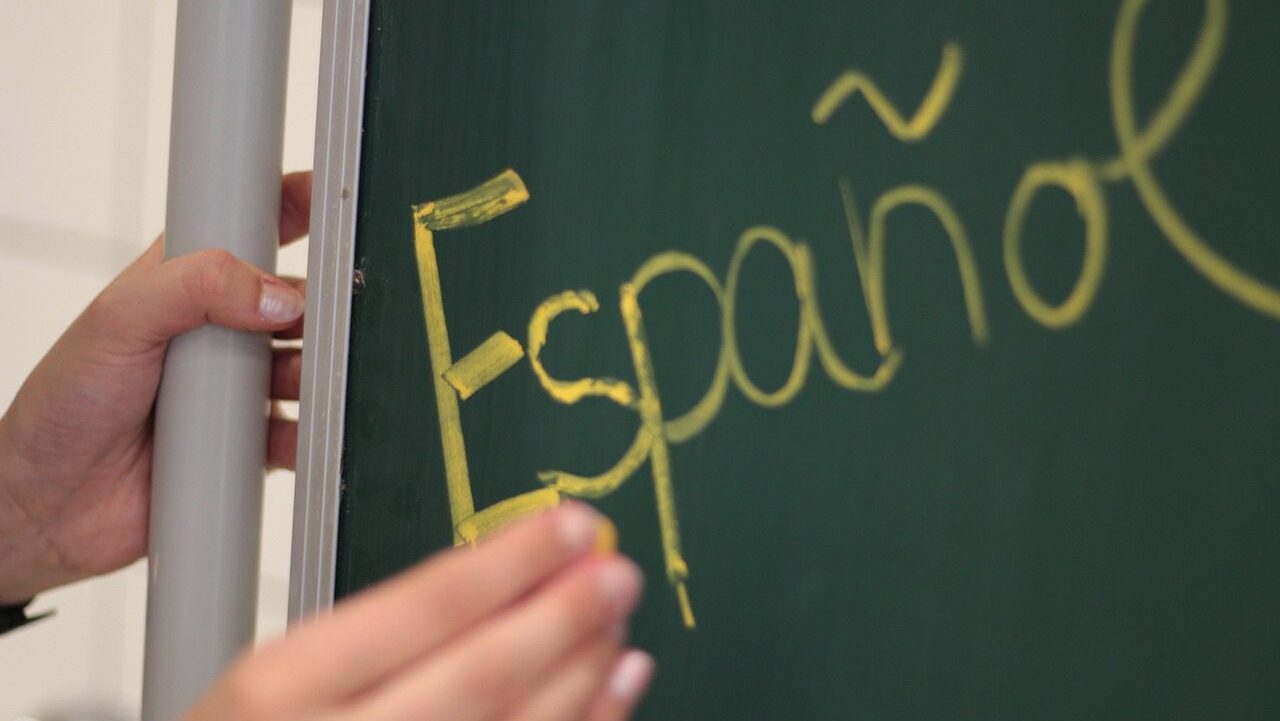
The petitions committee of the EU Parliament has urged the government of Catalonia to end discrimination against Spanish-speaking students in the region’s schools. MEPs from the center-right European People’s Party (EPP), the liberal Renew Europe group, and the European Conservatives and Reformists (ECR) made up the investigative commission launched in response to a parent appeal after Catalan schools ignored a court ruling.
In Spain’s Catalonia region, whose capital is Barcelona, the regional language is widely spoken. As part of the separatist movement, schools are required to promote “linguistic immersion,” in which teaching for most subjects is conducted in the Catalan language. In theory, the Spanish language is also taught and used in schools, but many families have long complained that, in practice, children and their parents are forced to communicate in Catalan, while Spanish is used minimally.
Such was the situation that some families took the regional school system to court over the issue, which resulted in a ruling from the Superior Court of Justice of Catalonia establishing the obligation that at least 25% of school teaching be carried out in Spanish. However, parents continued to find that the ruling was ignored, while those who demanded a wider availability of Spanish were met with intimidation and bullying.
They then took their grievances to the European Parliament, which last year sent a committee to investigate the situation. Left-wing MEPs refused to participate, calling the mission agenda “politicized.”
This Tuesday, the committee approved a final draft of their report, which urges the Catalan and Spanish authorities to ensure that schools in Catalonia treat Spanish and Catalan equally “during teaching and curricular hours” and that no child faces discrimination for speaking Spanish.
The draft also criticized the “lack of measures to apply the court ruling,” leaving parents no other recourse but to file individual cases against schools and the government. It further “called on the Catalan authorities not to hinder the execution of this sentence.”
The report added that non-core subjects such as physical education cannot be used to calculate the amount of instruction given in Spanish. At least 25% of core academic subjects must be taught in Spanish.
The report outlines the underlying philosophy that Catalonia must embrace regarding the two languages, which directly contradicts the aspirations of separatists who want to see Spanish marginalized in the region.
“Educational centers in Catalonia must offer students adequate opportunities to acquire a good command of both Catalan and Spanish, as well as the linguistic knowledge necessary for them to have full access to all job, social and cultural opportunities,” the text insists. Knowledge of Catalan is almost completely irrelevant outside of some regions in eastern Spain.
The report also expressed concern that the current system limits freedom of movement in the EU in practice “since it prevents families from moving to Catalonia from studying in Spanish, the official language, which affects their rights and restricts their job search options in their own country” and because it generates “serious dysfunctions for students with special needs whose mother tongue is Spanish.”
The text also denounced the intimidation suffered by Spanish-speaking children and families. The report calls on “regional and national authorities to collaborate to end the violation of the fundamental rights of parents, children and families” and asks the European Commission to guarantee that Spain “enforces the rights of Spanish-speaking children.”
